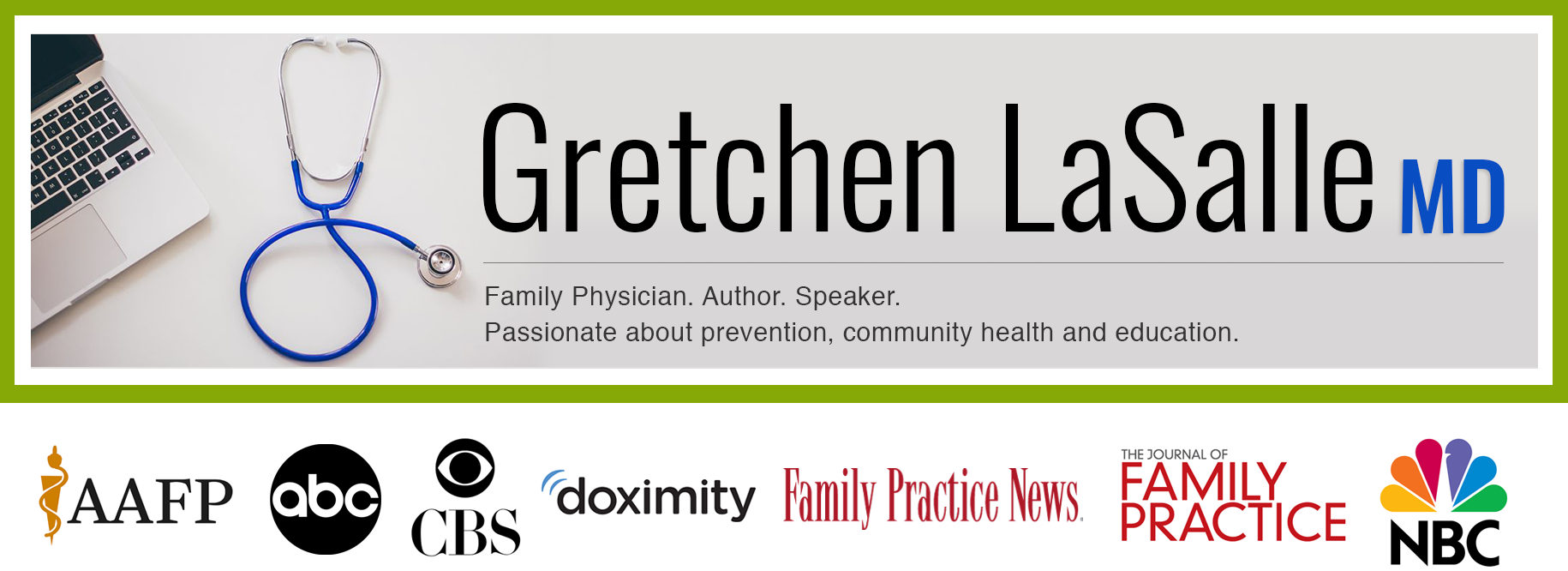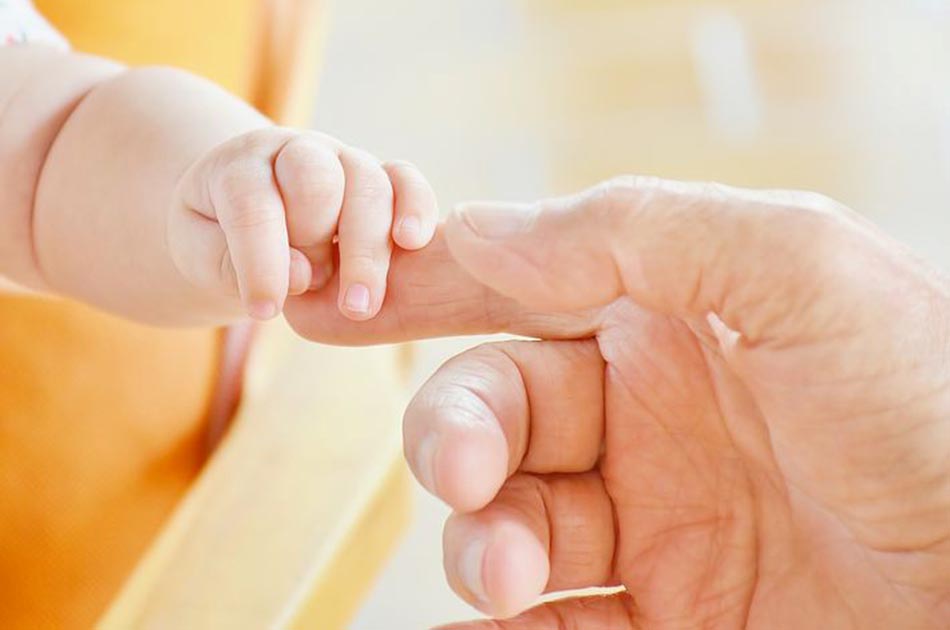Dear Parents,
First, let me say that I care about you and your children deeply. It is my life’s work to help you be happy and healthy and to be able to live your life to its fullest potential. As a family physician, prevention of disease is my passion. I would much rather educate and encourage you to develop lifestyle habits that will support you for a lifetime of health and wellness than treat chronic disease and illness with expensive medications and procedures that carry with them potential risks and side effects. This healthy lifestyle promotion includes encouraging regular cardiovascular exercise, discussing the benefits to body and mind of eating nutritious foods and avoiding chemicals and preservatives in our diets, focusing on the importance of mental health, and, yes, the use of vaccines to decrease suffering and death from preventable diseases.
As an adult, I completely respect your right to control what happens to your body. As long as you are making a well-informed decision based on facts and not fears, I will respect your decision to not vaccinate. What I have a harder time doing, however, is accepting a parent’s decision not to vaccinate their child. As parents, it is our right and responsibility to make the best decisions we can for our children (and I have no doubt that parents who choose not to vaccinate are truly well-intentioned and are trying to make wise decisions on their children’s behalf). But what about our children’s rights to grow up without risk and fear of disease? What will our children think of our decisions when they come down with measles and develop severe brain inflammation that, if they survive, leaves them with seizures or deafness? How will we feel when our child who contracted measles and survived then comes down 7-10 years later with a severe neurodegenerative condition called Subacute Sclerosing PanEncephalitis (SSPE)? What will our daughters think of our decisions when they become pregnant with their first child and lose that child to rubella infection during pregnancy? Or deliver a child with blindness or deafness or intellectual disabilities due to Congenital Rubella Syndrome? What will our sons think when they get mumps orchitis (inflammation of the testicles) that renders them sterile and unable to have children? What will our kids think of our decision to avoid a vaccine that could have prevented their cervical or penile or throat cancer? How will they feel if they give the flu to their elderly grandmother who dies from complications of the infection?
Thanks to our highly successful vaccination programs, we don’t see these outcomes very often anymore. But when we don’t see the frightening consequences of vaccine-preventable disease, we can easily fall into the trap of feeling like the very rare risks of side effects from the vaccines are greater than the risks of the diseases themselves. Please don’t fall into this trap. Your health and the health of your children depend on it. In making these decisions for our children, it is so easy to get caught up in the emotion of our choices. We don’t want our children to hurt from the pokes. We don’t want them to feel under the weather for a day or so as their immune systems kick into gear to protect them against future threats. We see the impassioned pleas on social media from families who feel their loved one has seen harm from a vaccine. Our hearts go out to them and we imagine what it would feel like to be in their shoes. But what about all of those families who lost a loved one to pneumonia, or meningitis, or whooping cough, or HPV-related cancer, or flu? There are tens of thousands more of those folks out there who, in their grief, are most often keeping quiet about their losses. They are not shouting from the rooftops that they didn’t get their child vaccinated and that their child suffered or died from a preventable illness. We have to keep what we hear and what we read in perspective.
In making this choice for our children, we have to think about their future. How will they look back and judge the vaccine decisions that we made for them in their most vulnerable years? When doing research, please examine both sides of the argument. We all go into a debate with certain biases or leanings. If we are going to fairly judge both viewpoints, we have to ask ourselves “What if my initial thoughts on this topic are wrong? What information exists out there to support the other side of the story?” Keep an open mind. Talk to your trusted healthcare provider. If you trust them with all other aspects of your healthcare, please know that you can trust them on the subject of vaccines as well. And if you don’t feel you are getting the answers you need, keep looking. Inaction is no safer than action. Not making a decision because you can’t settle a debate in your mind is the same as making a decision not to act. And if we choose not to act, to vaccinate, and something happens to our child or loved one, we are left with “what if” and “if only” and I don’t ever want a parent to suffer through that kind of guilt. Not on my watch.
If you would like to do more reading and hear stories from individuals and families who have been touched by vaccine-preventable disease, please check out the websites below.
Thank you for taking the time to read this letter and for taking your vaccine decisions seriously.
Your partner in health,
Gretchen LaSalle, MD
voicesforvaccines.org
familiesfightingflu.org
vaccinateyourfamily.org
nfid.org/real-stories-real-people
Vaccine-Preventable Disease: The Forgotten Story

